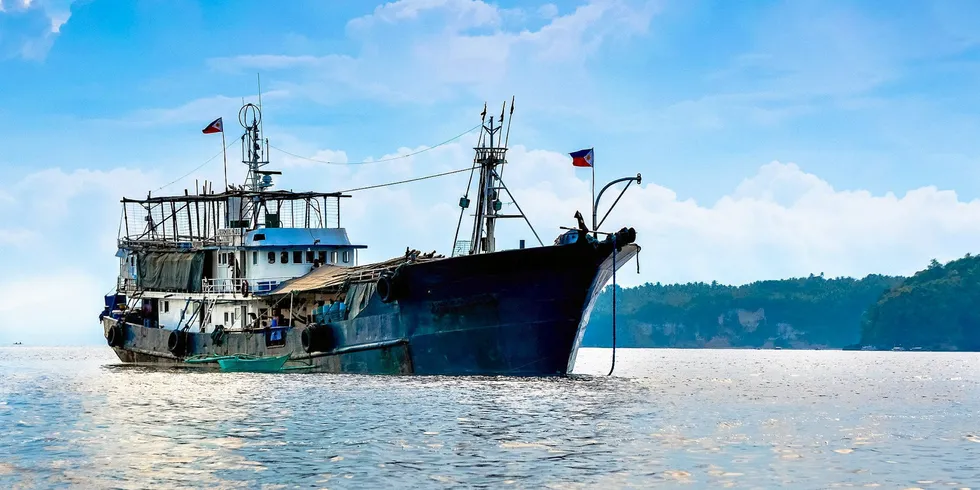New human rights report takes aim at high-profile seafood eco-label groups
"The whole certification standard system is angled towards sustainability, and we want to change this.".

"The whole certification standard system is angled towards sustainability, and we want to change this.".
